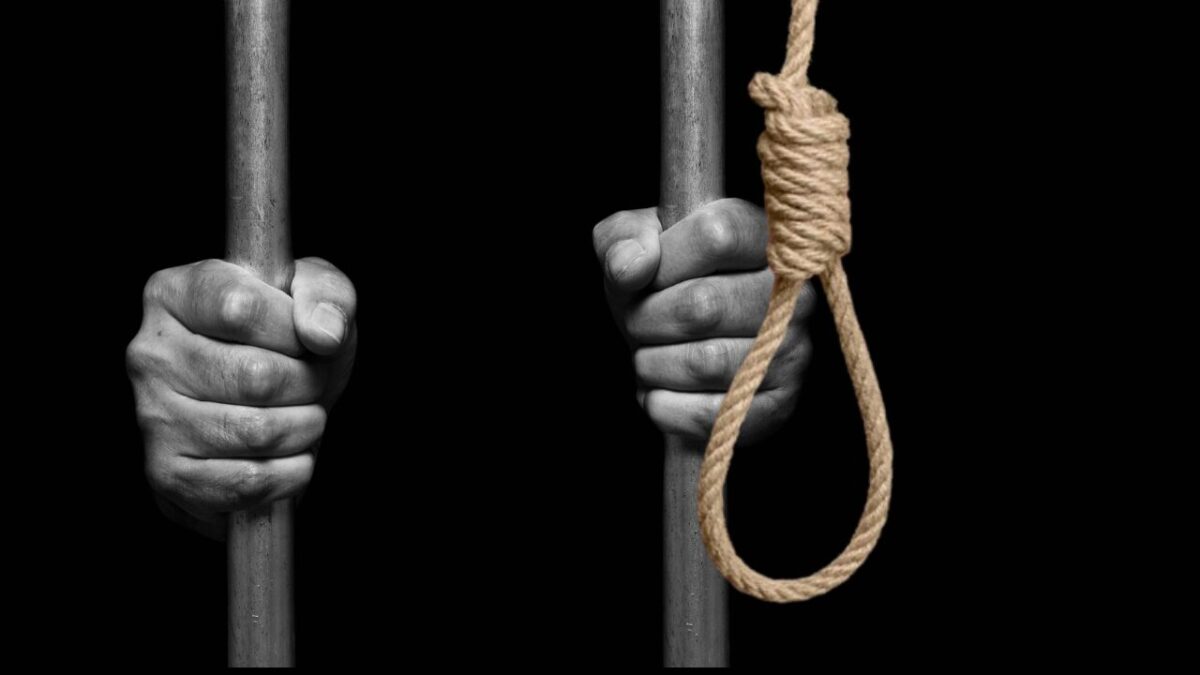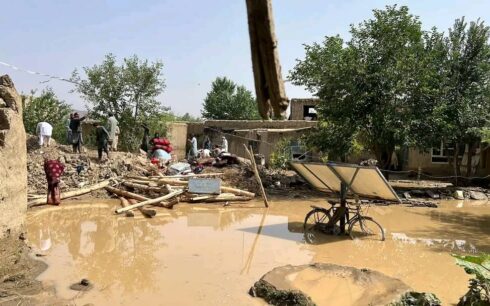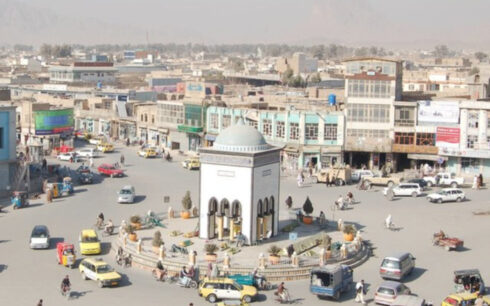TEHRAN — Iran has executed more than 70 Afghan citizens in 2024, a nearly 300 percent increase from the previous year, according to statistics released by the Iran Human Rights Organization. Most of the executions were carried out for drug-related offenses, with the majority occurring at Qezel Hesar Central Prison.
The rise in executions has coincided with the return of the Taliban to power in Afghanistan, with the annual number of Afghan citizens executed in Iran climbing steadily over the past three years. In 2022, 16 Afghan nationals were executed, compared to 25 in 2023, and 72 in the first 11 months of 2024.
Just on Sunday, Iran executed two Afghan citizens, Abdul Rahman Ishaqzai and Jalal Estankzai, in Mashhad Central Prison on charges of drug trafficking and murder.
Widespread executions across Iran
According to the Iran Human Rights Organization, Afghan nationals have been executed this year in several prisons, including facilities in Qezel Hesar, Mashhad, Isfahan, Zahedan, Shiraz, Yazd, and Bandar Abbas. The organization noted that Afghan women and children were among those executed.
Iranian officials report that Afghan nationals account for 95 percent of all foreign inmates in Iranian prisons, primarily on charges of drug trafficking, theft, and illegal border crossings. Four months ago, the Taliban’s prison authority reported that between 5,000 and 6,000 Afghans were imprisoned in Iran.
Afghan migrants in Iran have criticized Taliban for failing to advocate for the rights of Afghan citizens. Many allege that Afghans in Iranian prisons lack access to legal representation, leaving them vulnerable to harsh sentences, including execution.
“Most Afghan prisoners in Iran have no one outside the prison to follow up on their cases or secure legal counsel,” one Afghan migrant told Amu TV. “Every prisoner has a right to a lawyer, but many here are denied that.”
The migrants have also condemned their treatment in Iran, citing poor living conditions and forced deportations.
“The situation for Afghan migrants in Iran is terrible,” said Rana Khaleqi, an Afghan refugee. “They deport people daily, even those with proper documentation. Many who are sent back to Afghanistan face significant dangers to their lives.”
Explaining the surge in executions
Legal experts have linked the rise in executions to the absence of a legitimate and accountable government in Afghanistan, arguing that Iran is exploiting the power vacuum to intensify punitive actions against Afghan citizens.
“This lack of representation has emboldened Iran to carry out executions without facing accountability,” one expert noted.
The spike in executions comes amid strained relations between the two nations. Human rights advocates continue to call on both the Taliban and international organizations to address the plight of Afghan migrants and prisoners in Iran.
As Afghanistan remains mired in economic and political instability, thousands of its citizens face harsh treatment abroad, with little recourse for justice.





